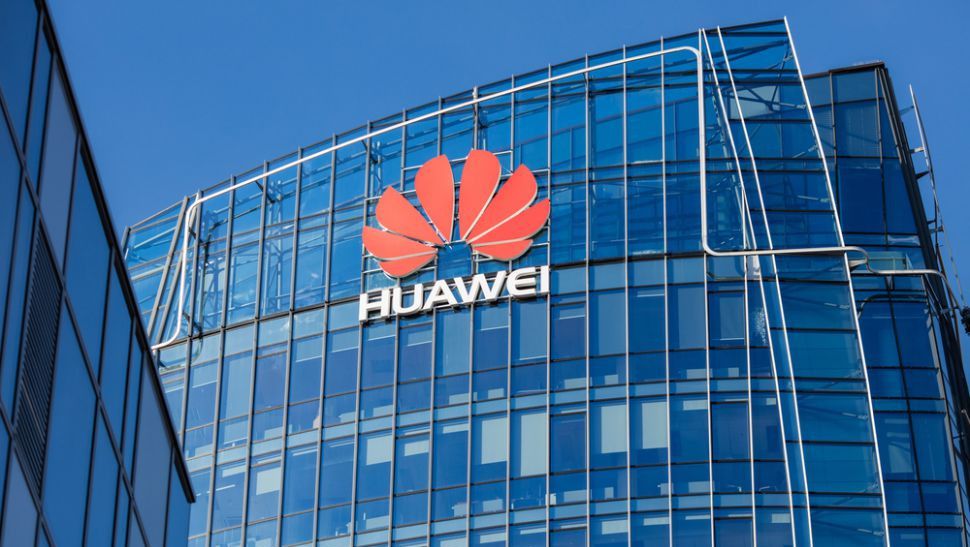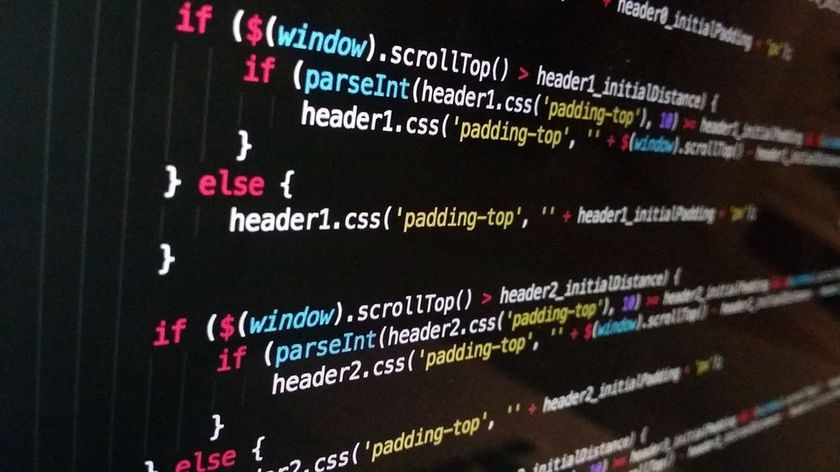Huawei open-sources TensorFlow competitor MindSpore
MindSpore is now available to download on both GitHub and Gitee

Huawei has announced that its framework for AI app development MindSpore is now open source and available on GiHub and Gitee.
The lightweight suite is similar to Google's TensorFlow and Facebook's PyTorch as it lowers the barrier to entry for developers looking to add AI to their apps.
Chief scientist at Huawei MindSpore and an IEEE Fellow, Professor Chen Li explained how MindSpore can scale across devices in a press release, saying:
- Huawei says it is back to 90 per cent capacity
- Google launches machine learning framework for training quantum models
- Amazon trialing AI-based customer support agents
"MindSpore natively adapts to all scenarios across the device, edge, and cloud. We implement AI Algorithms As Code through on-demand collaboration for easier model development, and provide cutting-edge technologies, and co-optimization with Huawei Ascend AI processors to improve runtime efficiency and computing performance. We also support other processors such as GPU and CPU."
MindSpore
MindSpore already has the backing of a number of partners including the University of Edinburgh, Peking University, Imperial College London and the robotics startup Milvus.
The framework is able to run on processors, graphics cards and dedicated neural processing units such as the one in Huawei's own Ascend AI chips. MindSpore also has 20 percent fewer lines of codes than other frameworks when dealing with natural language processing models and the company claims that this leads to an average efficiency boost of 50 percent. Additionally, the framework supports parallel training across hardware as well as dynamic debugging which enables developers to isolate bugs while taking less time to train AI models.
One other interesting thing about MindSpore is the fact that it doesn't process any data on its own but instead, ingests gradient and model information that has already been processed. As a result of this, the framework preserves sensitive data even in “cross-scenario” environments while ensuring that models remain robust.
Are you a pro? Subscribe to our newsletter
Sign up to the TechRadar Pro newsletter to get all the top news, opinion, features and guidance your business needs to succeed!
MindSpore currently requires Python 3.7+ to run but the framework will soon support other languages such as C++, Rust and Julia.
- We've also highlighted the best cloud hosting services
Via VentureBeat
After working with the TechRadar Pro team for the last several years, Anthony is now the security and networking editor at Tom’s Guide where he covers everything from data breaches and ransomware gangs to the best way to cover your whole home or business with Wi-Fi. When not writing, you can find him tinkering with PCs and game consoles, managing cables and upgrading his smart home.












